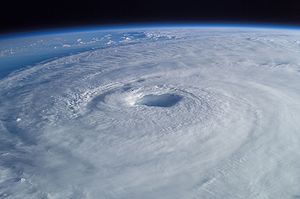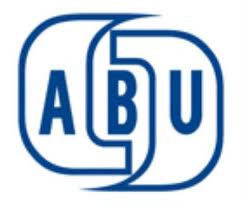
The High Frequency Co-ordination Conference’s (HFCC) test of the International Radio for Disaster Reduction (IRDR) broadcasts are on track for June 5-6, 2014.
Many thanks to SWLing Post reader, Mehmet Burk, who has posted the updated schedule on his website, Relief Analysis.
Mehmet also shares this message from HFCC Board member, Oldrich Cip, who mentions a special QSL card that will be issued for IRDR reception reports:
“The Trial of International Radio for Disaster Relief on June 5th and 6th during the Jakarta ABU Media Summit is approaching quickly. The last updated version of the Trial programme is available in a presentation here:
http://hfcc.org/doc/HFCC_RAD_2014-004-IRDR_Jakarta_Presentation.pdf
Let me ask all organisations taking part in the Trial to check on the Trial programme schedule and ask for any changes or additions of the technical details that might be still needed. More details about the IRDR and about the Trial and its background are here:
http://hfcc.org/humanitarian/irdrtrial.phtml
The interest in the Trial created among participants indicates that it is real to set up a world-wide system of a voluntary, disaster relief shortwave radio with tools and services that are already in place. Publicity is needed to raise awareness in the world community about it – since the on-going cuts of shortwave installations might make this increasingly difficult.
Please kindly spread the word about it and encourage people to listen to the Trial programmes. Reception reports will be confirmed by special QSL cards.”
Again, check out Mehmet Burk’s IRDR updates on Relief Analysis.



